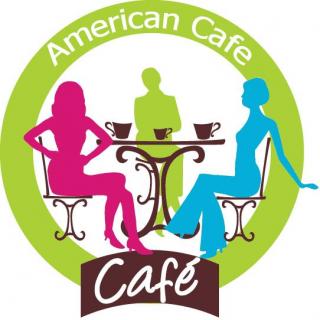
介绍:
As an English learner, you want to be able to understand and to discuss a subject.
You want to have the ability to express your opinions, and to support that opinion with a clear argument.
You can learn these skills by learning how to debate.
In everyday conversation, Americans use the word debate to talk about discussions among people.
When people debate, they give their own opinions about a topic.
Another use of the word debate describes a more formal discussion.
Debaters work on a team to convince a judge that their opinion about a topic has more value than the opposite side's opinion.
The National Speech and Debate Association says that students of debate research both sides of a topic.
They "learn to think critically about every argument that could be made on each side."
Debate is part of the tradition of forensics started in Ancient Greece.
The Greeks thought that, in a democracy, people needed to have certain skills.
These skills included speaking in public in favor of an opinion, and providing evidence to support one's opinion.
The Greeks supported the development of these skills by holding contests.
Western education today continues the tradition with competitions between debate teams.
A debate contest traditionally has this structure:
Teams agree to debate a resolution, a statement, such as "Nuclear power should be banned."
One team is the affirmative team, in support of the resolution.
One is the negative, against the resolution.
Each team gives an argument for or against the resolution.
Then each team asks questions about the other team's argument.
After answering the questions, each team makes more statements to support their argument.
Finally they summarize the arguments.
In a classic debate, teams may take 12 turns, in which one member of the team speaks.
If you have never seen this kind of debate, you can imagine that it is a difficult activity, even for native English speakers.
Professor Charles LeBeau teaches English and debate in Japan.
He says that many English teachers in Japan did not think their students could take part in a debate.
The teachers had no experience with debate, and they thought it was too difficult for their students.
Instead, they focused on teaching presentation.
Mr. LeBeau says that most people mistake debate as being mostly a speaking skill.
But debate is a more natural kind of discussion than what happens in those classrooms.
That is because debate requires understanding the other person's opinion.
Charles LeBeau wrote a book with Michael Lubetsky called, "Discover Debate:" to help teachers understand a simpler way to teach debate.
The method depends on creating a kind of visual aid known as a graphic organizer
Mr. LeBeau says:"I think an easy way to visualize the metaphor is as if it's a house;
a house has a roof, and it usually has some sort of pillars or supports, and then there is a concrete foundation."
Students work with the idea of building their argument just like they would build a house.
They would draw their house on paper or a whiteboard and list:
The focus of the discussion or the debate is the roof.
The reasons and arguments are the "pillars" to support the roof.
The data, numbers, examples, and expert opinions provide the concrete foundation.
The house metaphor helps students who have not experienced a debate in their own culture.
It gives students a way to plan what they will say to support their message.
As many nervous speakers know, having a visual aid is very helpful when speaking in public in a second language.
I'm Jill Robbins, and I'm Jonathan Evans.
Words in This Story
convince – v. to cause (someone) to believe that something is true
critical thinking - n. the objective analysis and evaluation of an issue in order to form a judgment.
forensic - adj. belonging to, used in, or suitable to courts of law or to public discussion and debate
resolution - n. a formal statement that expresses the feelings, wishes, or decision of a group
大家还在听

